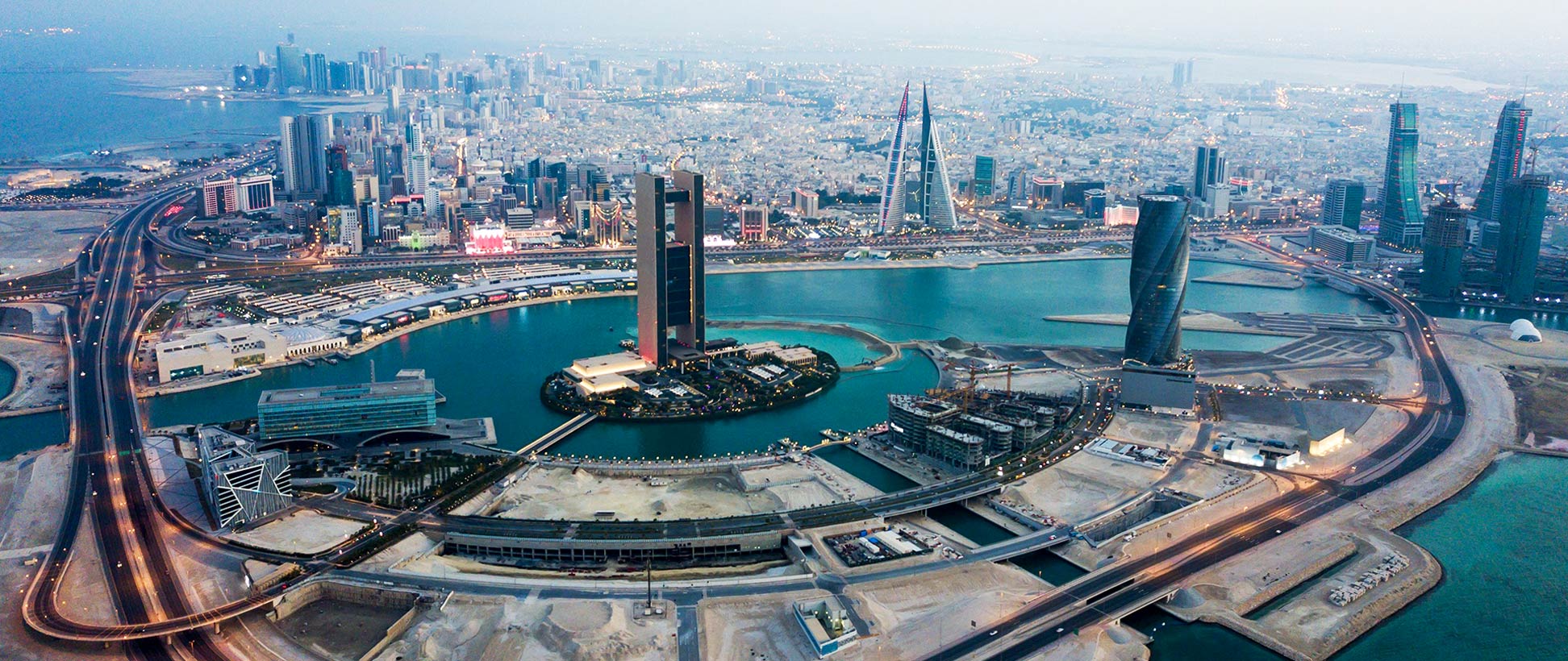The United Arab Emirates (UAE) has emerged as a significant investor in Bahrain, solidifying its position as the third-largest contributor to the island nation's foreign direct investment (FDI) pool. According to recent figures released by the Bahrain Economic Development Board (EDB), the UAE currently accounts for 10% of Bahrain's total FDI stock.
This development comes amidst a banner year for Bahrain's FDI landscape. The country witnessed a record-breaking inflow of US$6. 8 billion in 2023, reflecting a staggering 148% increase compared to 2022's figures. This surge is attributed to a diversified investment portfolio, with the UAE joining regional heavyweights Kuwait (36%) and Saudi Arabia (23%) as the top contributors to Bahrain's FDI.
The substantial rise in FDI inflows has positively impacted Bahrain's cumulative inward FDI stock, propelling it from US$36. 2 billion in 2022 to US$43. 1 billion in 2023. This growth signifies a growing confidence in Bahrain's economic potential amongst international investors.
Analysts attribute the UAE's increased investment activity in Bahrain to several factors. The geographical proximity and established trade ties between the two nations play a crucial role in fostering a conducive environment for investment. Additionally, Bahrain's strategic location within the Gulf Cooperation Council (GCC) makes it an attractive proposition for companies seeking to access a wider regional market.
Furthermore, Bahrain's ongoing economic reforms aimed at attracting foreign investment appear to be yielding positive results. The government has implemented various initiatives to streamline business registration processes, reduce bureaucracy, and create a more competitive tax environment. These efforts have contributed to Bahrain's growing reputation as a business-friendly destination.
The UAE's amplified investment presence in Bahrain signifies a deepening economic partnership between the two GCC nations. This collaboration is expected to unlock new opportunities for both countries, fostering cross-border trade, knowledge transfer, and job creation. The increased FDI inflows are likely to contribute to Bahrain's economic diversification efforts, reducing its dependence on the hydrocarbon sector.
Looking ahead, the outlook for Bahrain's FDI landscape remains positive. The country's commitment to economic reforms, coupled with its strategic location and growing regional partnerships, is likely to continue attracting foreign capital. This trend, along with the UAE's growing investment footprint, is expected to play a significant role in propelling Bahrain's economic growth in the years to come.

